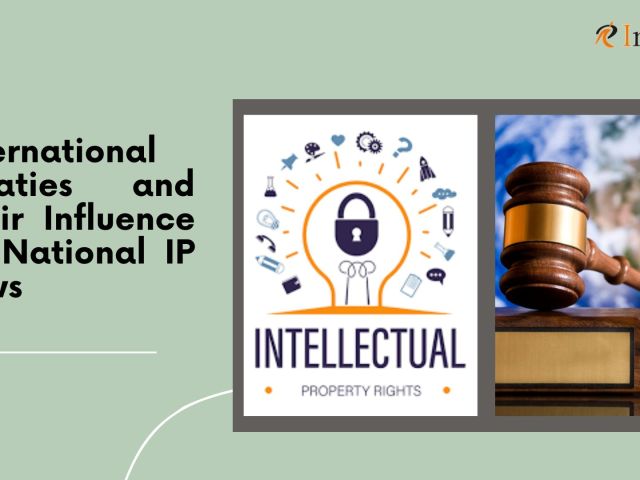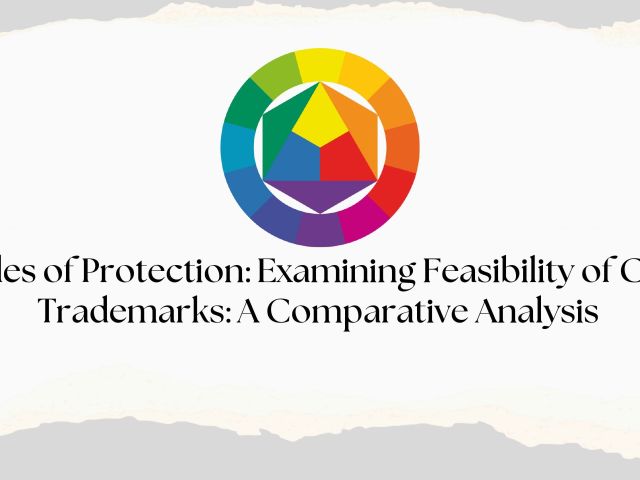We have all been victims of idea theft or thought theft, where you tell someone your idea or a thought or even a joke and that person uses it as his own without crediting you. It has happened many times to entrepreneurs who discuss their idea with a ‘trusted’ friend or acquaintance or even potential investors. Mark Zuckerberg, the founder of Facebook, was accused by the Winklevoss twins for stealing the idea of the multimillion-dollar social networking site from their own site ‘Harvard Connection’. Zuckerberg paid the twins an undisclosed sum and settled the matter out of court. The question that lies in whether the twins would have succeeded in their claim against Zuckerberg and whether an idea can be protected legally.
What exactly is an idea? An idea is any thought or a series of thoughts that have been generated in your mind intentionally or unintentionally. So your idea is basically your intangible property and no one can touch or steal it unless of course, you tell someone about it. It is also possible for two people to have the same idea. Intellectual property rights are the rights that are given or conferred on the creators or owners of intellectual property works and fall under categories like trademark, patent and copyright. These rights protect intellectual property that is tangible, i.e. an idea that is written down or executed will be protected under these laws and just ideas or thoughts will not be protected. So how can anyone who has a novel idea and has not yet executed it protect it? There are ways to protect your ideas under copyright and patent laws.
COPYRIGHT LAWS
There have been many cases where someone’s idea for a movie or a TV show or a book or even a song has been allegedly stolen. The problem with all these is that a mere idea can never be stolen unless it has been executed or written down or put out in some tangible form. What the Indian Copyright Act does is that it protects expressions of ideas and not the ideas themselves.
A landmark case that helped understand this concept was RG Anand v. Delux Films. This case helped clarify, to a very large extent, the idea-expression dichotomy. The plaintiff, RG Anand alleged that the movie “New Delhi” was based on the plot of a play written by him titled “Hum Hindustani”. According to the copyright act under section 51 if a play has been copied by a movie it would amount to copyright infringement. So prima facie this case would’ve so simply been a case of copyright infringement but what the court laid down, in this case, was that ideas cannot be copyrighted and neither can themes nor a plot. The court was of the view that for there to be any infringement of copyright there should be a substantial similarity in both materials. This judgment clarified that ideas can’t be protected by copyright laws and it has been cited in many cases including Mansoob Haider v. Yashraj Films (Dhoom 3 case).
But it has also been argued that when a writer has to get either his book published or his script approved or funded then he has to share his idea with potential publishers or production houses. How does one protect their idea then? An idea, in this case, can’t be protected under copyright laws but this is where contract law comes in with something called aa Non-Disclosure Agreement. A Non-Disclosure Agreement (NDA) or confidentiality agreement is a legally binding, detailed agreement between two or more individuals to protect some confidential matter or any material from being discussed by either party elsewhere. Let’s say that I have an idea for a movie about Dragons and Aliens and as a layman I have no power to go ahead with it unless I solicit the help of a production company. This would mean that I would have to approach one of these companies and discuss my idea with them risking the theft of my idea. So the only thing that I can do to protect that idea is to get them to sign a non-disclosure agreement. The idea can only be protected if it is novel and also if the clauses in the NDA are precisely drafted to protect it.
In case of a manuscript of a book or screenplay, script or concept notes, they are protected as literary works. It is not necessary to copyright these works to protect them but in case of any litigation the copyright acts as evidence of ownership and date of creation, etc. But the major problem with registering a copyright is that it takes a lot of time and money which some people are not ready to spend. So is there any other way to protect your ownership on your own material? Sadly there is no way to stop someone from stealing your work but there are ways other than getting a copyright to help create evidence of your ownership:
1. Register themselves with a writer’s association/s.
2. Mail the script to a trusted friend or to themselves to show a date of creation and ownership.
If your copyright has been infringed then there are certain remedies laid down under the Copyright Act like injunctions, notices, orders and pecuniary remedies.
PATENT LAWS
Entrepreneurs who have thought of an invention or have an idea always have the question of whether they can patent such an idea. The Indian Patent Act is very much on the fence when it comes to these queries and it also depends on the idea. There are certain ideas that, under the law are not patentable. So the first thing any person who has the intention to patent their idea has to do is check whether their idea falls under the category of non patentability. If it is patentable then they should move on to the next step, which is to check if the idea is novel, non-obvious and industrially useful. An invention is considered novel if it has never been thought of, made and is different from previous inventions. The invention has to be something that is completely new and has never been thought of before. What needs to be seen before decided whether the invention is novel or not is whether the invention has been published before or claimed or whether the invention was anticipated or whether it was in the public domain (whether the public had knowledge about it). If the invention doesn’t come under any of these categories then it is said to be a novel invention or idea. An invention or an idea needs to have an inventive step or should be non-obvious, which means that the invention should be beyond state of the art or it shouldn’t be something that someone who is in that field can think of. It has to be not obvious to a person who is an expert in that field. And finally the invention has to be industrially applicable or useful in the industry. It can’t be an invention made for no reason or with no use at all. It has to be something that makes the work and lives of mankind easier.
One can file for a provisional patent application if they’re still working on or haven’t started working on their invention. Section 10 of the act indicates what is necessary to file a provisional patent application. Firstly the application should have a title which sufficiently shows what the invention is or states the subject matter of the invention. The application should also contain certain information and specifications of the inventions. It should have the area of the invention, a description of it and how it works; it should also specify what the advantages of the invention are. Most importantly it should have diagrams or sketches which explain the working of the invention as it makes it easier to understand. This is only valid up to 12 months after which the patent application will be abandoned. So a person who has filed for a provisional patent application will have a period of 12 months to develop his idea or invention so that can have a working prototype in their hand or certain results to show that their idea has an inventive step after which they can file a complete specification with the patent application. A provisional application is only filed in case the inventor does not have full knowledge about his invention but needs to protect it till he can finish developing or researching on it.
Ideas as thoughts in your head can’t be protected but when it is expressed in any form it can be protected under intellectual property laws.




